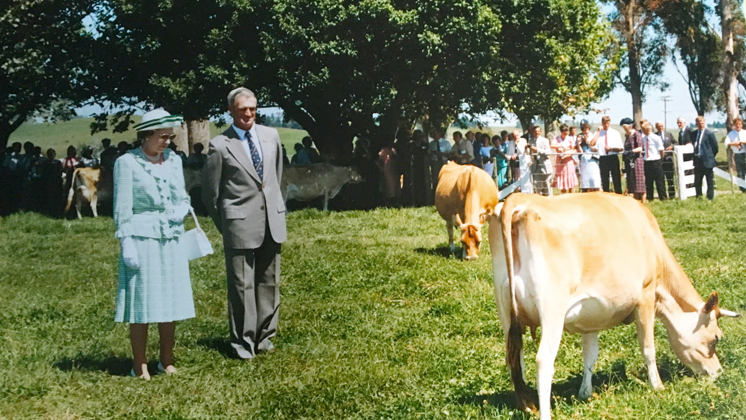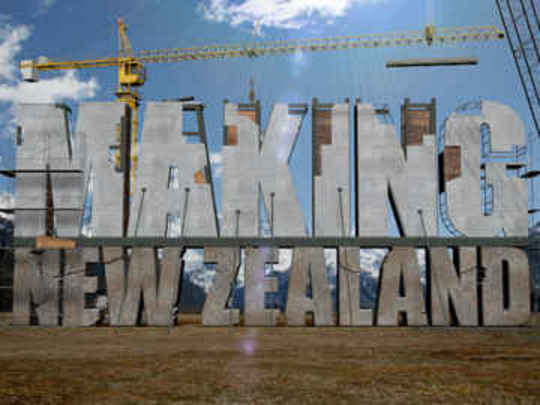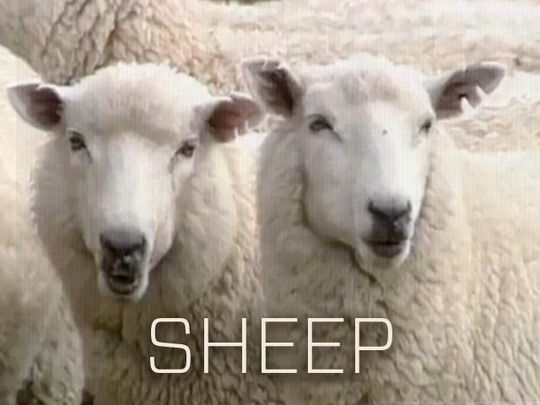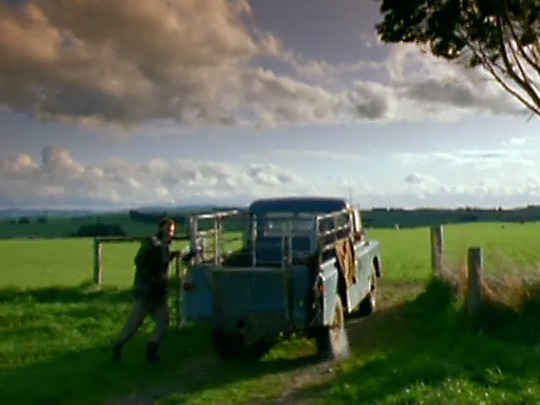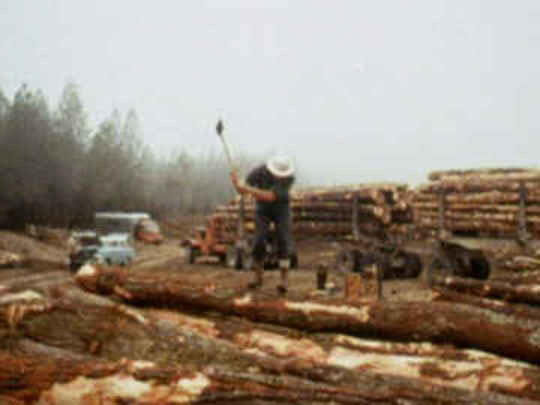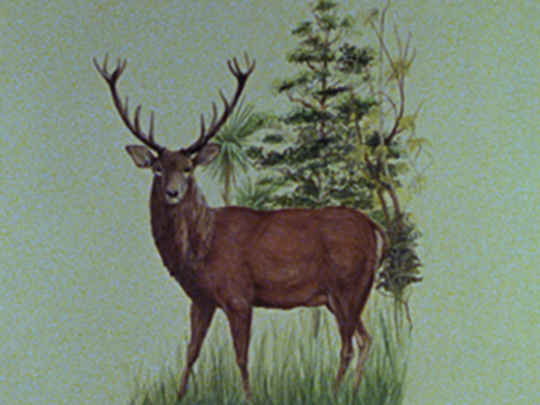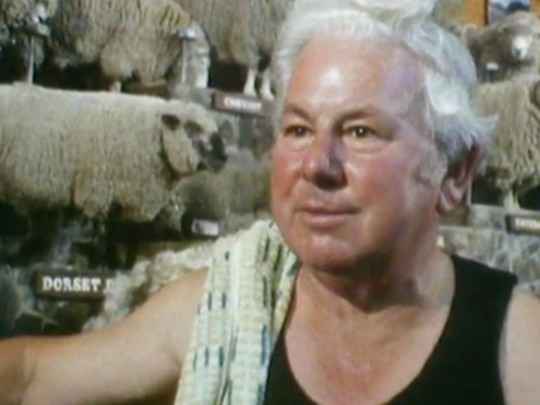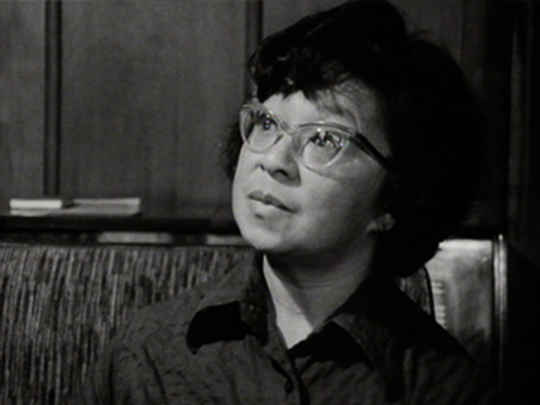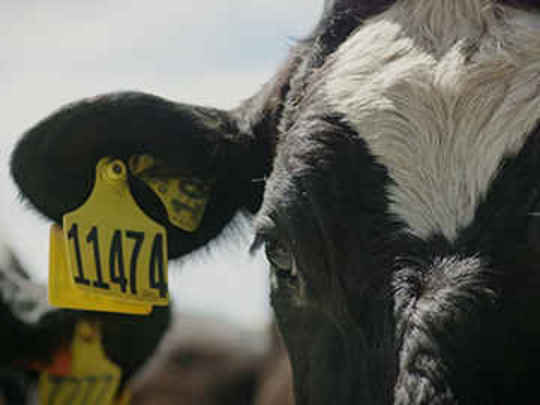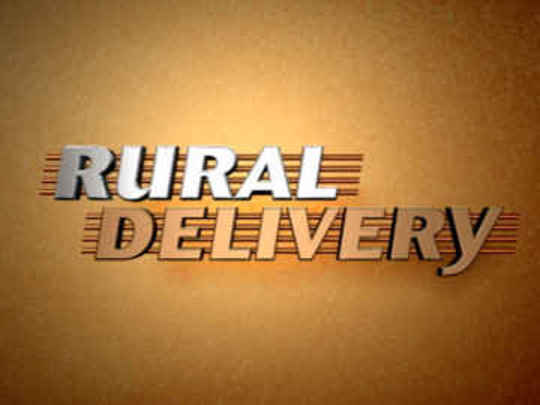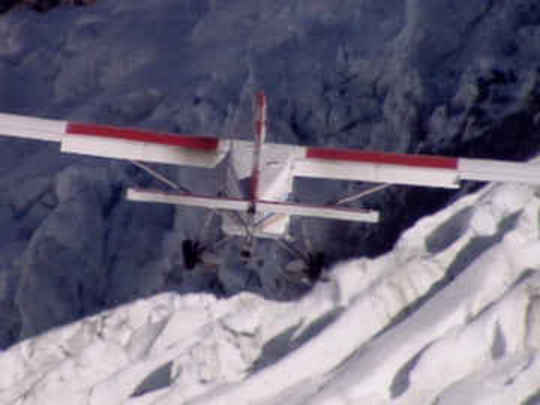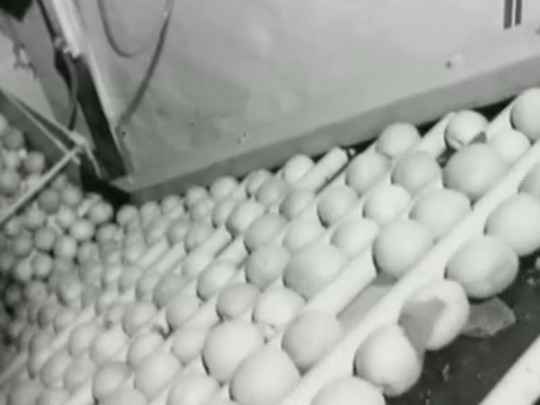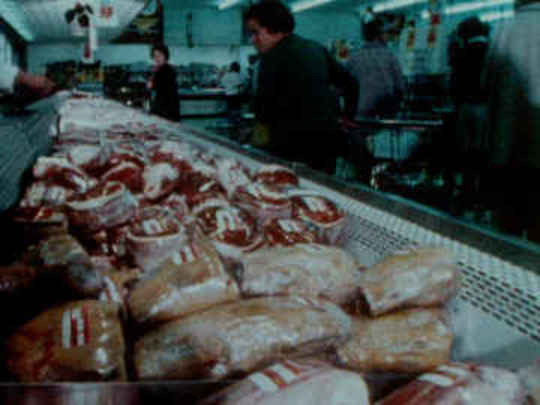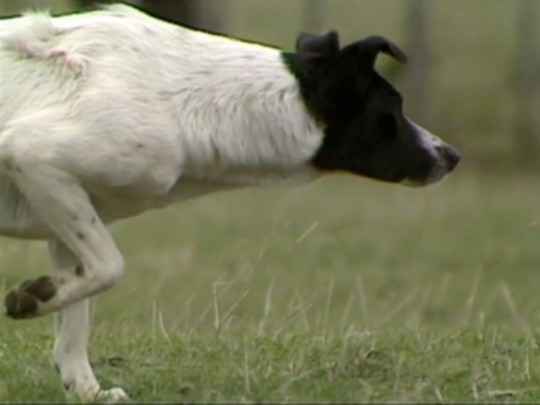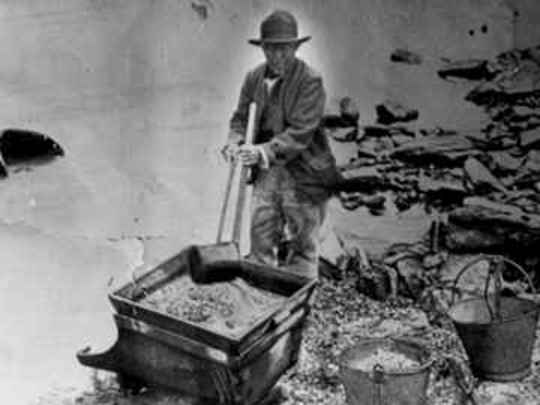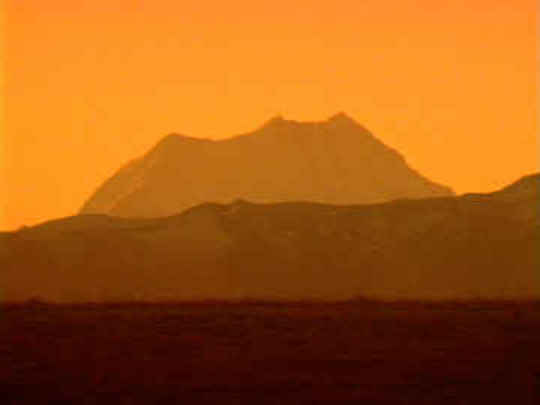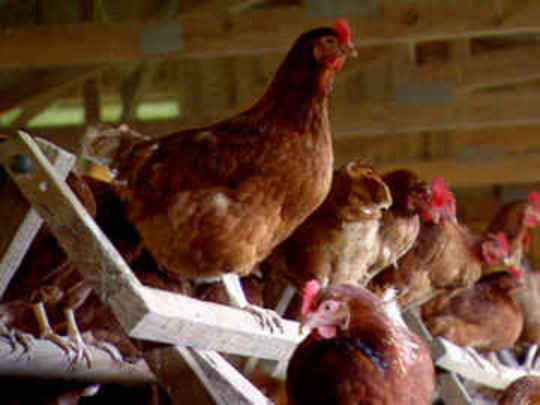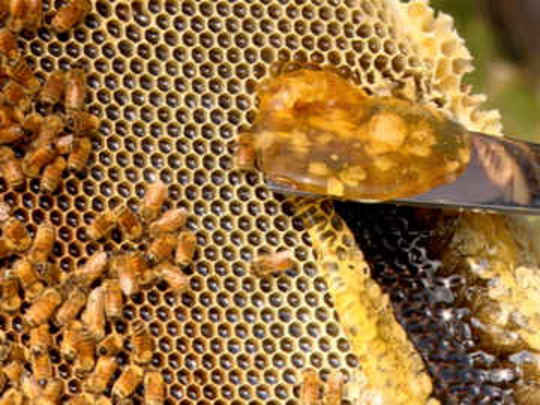A lot of people came out here not with romantic ideas, but with the ideas that they were going to come to a better life. When they got here and bought a dairy farm, many of them I'm sure regretted coming: because it was just too hard. It was a terrifying task for most of these people — a lonely, hard-working job. If you're lucky you've got 60 acres. It's covered with trees, you have to cut the trees down, then you have to plant the grass by hand and you wait for it to grow, and then you get a couple of cows on it if you're lucky. A lot of these people also were building roads and tunnels and things for the railways, because they weren't making enough money off their cows.
– Author Gordon McLauchlan on the harsh realities facing Pākehā pioneer farmers, early in this episode
They had to be dipped manually through toxic plunge dips but what else can you do? If you had to solve a problem you had to use what you could...and they did in those days.
– Waikato farmer Sam Jefferis on early sheep farmers' methods of deworming sheep
Well the pioneers in Taranaki were very poor, because all they were doing was clearing the land for their pastures. And Chew Chong was able to buy the fungus off them, which gave them money.
– Taranaki local Brian Chong on his entrepreneurial grandfather Chew Chong, who noticed a fungus beloved by the Chinese growing in the Taranaki
All of our meat went there because of our strong relationship with Britain. We saw ourselves as Britain's farm.
– Historian Robert Peden on Britain being New Zealand's biggest customer for meat from the 1880s to the 1970s
He was in London giving demonstrations there, and one of the newspapers described his "great flowing strokes" of his arms and said he was the "Nureyev of sheep shearing"...
– Author Gordon McLauchlan on legendary wool shearer Godfrey Bowen
It's probably the single biggest innovation to date that's really changed the way we do things. And it gives farmers the ability to cut their paddocks up into smaller sizes, so in the winter when the grass is not growing as fast or the cows are not being milked, you have them in smaller breaks. And then over the spring when the grass is growing faster, you can take the portable electric fences out . . . little old New Zealand's had a really big impact all around the world.
– Waikato farmer Tracy Brown on the impact of Sir Bill Gallagher's invention of the electric fence in 1937
[Chew Chong] set up this country's first refrigerated dairy factory . . . It was Chew Chong who conceived the idea of packaging butter in smaller portions.
– Narrator Mark Clare on the achievements of Chinese-born entrepreneur Chew Chong
...he was horrified to see huge farms operated by people who lived in Christchurch. So they passed legislation that made it that you had to live on the land you were farming. So this made it quite difficult for the people who had a lot of money, and who were living in Christchurch.
– Author Gordon McLauchlan on the work of 1890s Agriculture minister John McKenzie
